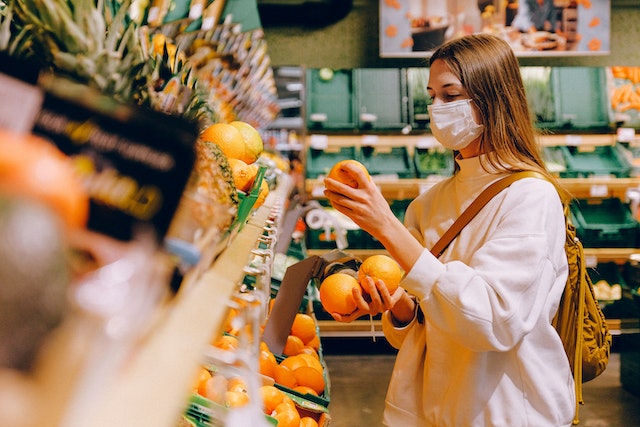It's often said in ads 'no preservatives'
But what does that actually mean?
And what benefits does that entail for you?
Are there any benefits to that?
Humans have been preserving food for thousands of years. But it wasn't until recently that some of those preservation methods raised concerns for our health.
Here's what you need to know about natural and artificial preservatives as it pertains to your health.

What are preservatives?
Natural methods of preserving food include freezing, fermentation, pickling, curing, and canning. Many of these methods involve adding oil, sugar, salt, vinegar or citrus juice which helps to preserve foods.
Artificial methods of preserving food includes the addition of chemicals like Potassium Sorbate or Sodium Benzoate to help increase shelf life, by preventing spoiling, improving the appearance, and maintaining the food’s nutritional quality.

Benefits of having natural preservatives in your foods.
Foods without artificial preservatives are usually less-processed foods and tend to be more tasteful and contain less of the ingredients you should limit in your diet, including added sugars, salt, trans fats, and saturated fat.
In addition, food free from artificial preservatives may also decrease your risk of cancer, deteriorate heart health, allergies, asthma and more.

Where to find foods with natural preservatives?
Believe it or not, natural preservatives are still there: oil, sugar, salt, and vinegar just to name a few is still there, you just need to know where to look for them.
The delicious range of jams at ZuZanna's Wellness are made from pure fruit, maltitol and lemon juice. Choose between Sugarfree Strawberry Jam, Sugarfree Berry Jam, Sugarfree Apricot Jam, Sugarfree Peach Jam or Sugarfree Orange Marmalade.
For more tips or blogs on how you can achieve a healthier lifestyle, sign up for our newsletter.
Leave a comment to let us know how you enjoyed the article, or write a topic of interest to you that you would like us to discuss.

